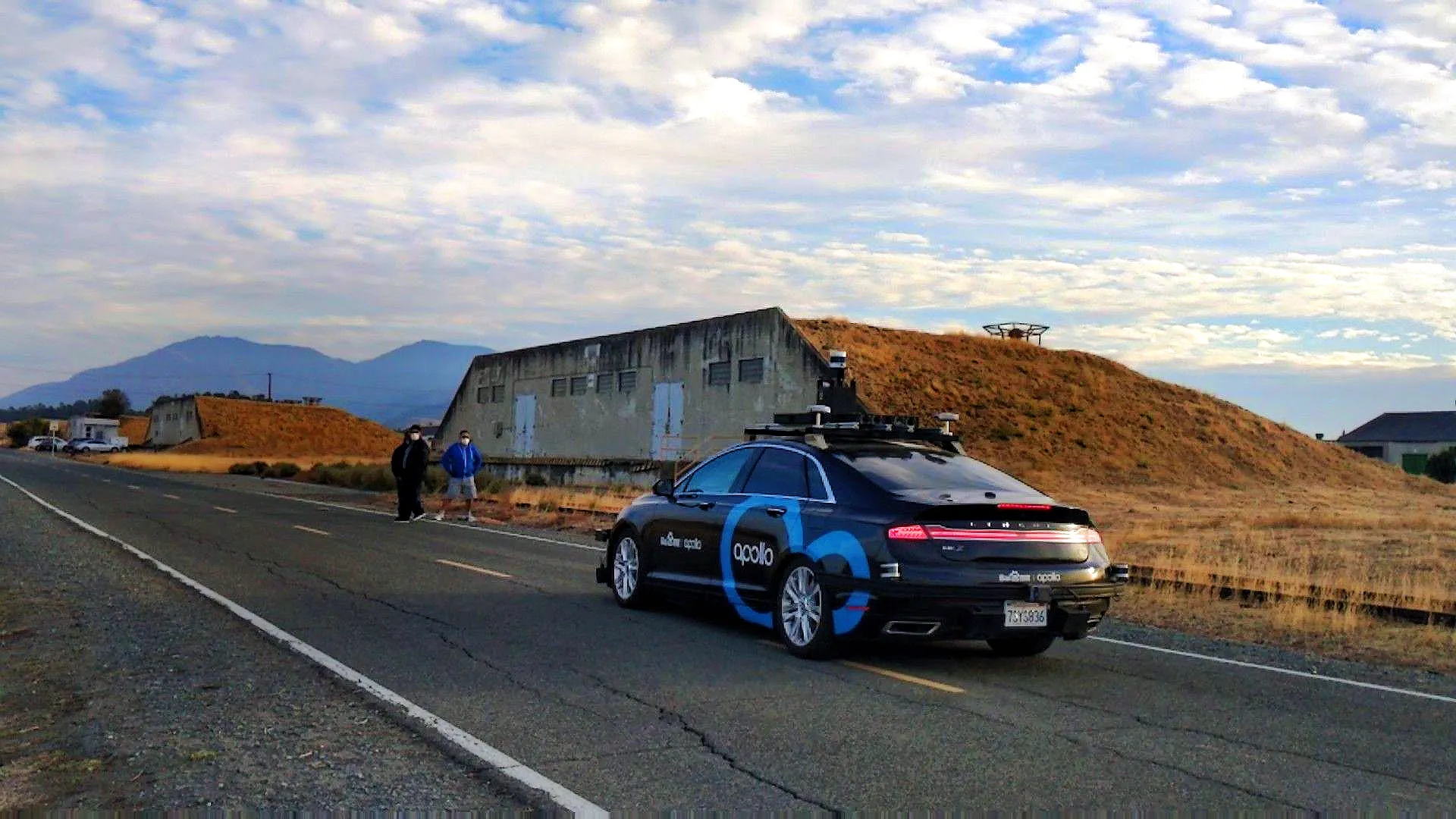As the California Road Charge Pilot Program enters its fourth month, participant feedback indicates that 65 per cent of 3,191 respondents surveyed are satisfied with the program as a whole.
The nine-month pilot was launched on 1 July 2016 by the California Department of Transportation (Caltrans) to test a pay-by-the-mile road funding model as a possible replacement to the fuel tax. Over 5,000 vehicles state-wide are enrolled in the pilot, testing various road charging reporting methods to compare how the
October 17, 2016
Read time: 2 mins
As the California Road Charge Pilot Program enters its fourth month, participant feedback indicates that 65 per cent of 3,191 respondents surveyed are satisfied with the program as a whole.
The nine-month pilot was launched on 1 July 2016 by the923 California Department of Transportation (Caltrans) to test a pay-by-the-mile road funding model as a possible replacement to the fuel tax. Over 5,000 vehicles state-wide are enrolled in the pilot, testing various road charging reporting methods to compare how the performance of each concept measures against an established set of criteria. Participants are not actually paying a road charge, but are making simulated payments based on the number of miles they drive each month.
Officials are looking at a road charge as a potential replacement for the fuel tax because revenues currently available for highway and local roads are insufficient for preserving and maintaining road infrastructure and reducing congestion. Increasing vehicle fuel efficiency means that fewer gallons of fuel are being purchased, but more cars are using California’s roads and the wear and tear on roads is increasing.
At the conclusion of the pilot, an independent third party will evaluate the pilot results and California State Transportation Agency will submit a report to the Legislature by July 2017 that includes those findings and summarises the pilot volunteers’ experiences and the stakeholder input received throughout all phases of the process. The California Transportation Commission will then provide its recommendations to the Legislature in its annual report by December 2017. The Legislature will make the final decision on whether and how to enact a full-scale permanent road charge program.
The nine-month pilot was launched on 1 July 2016 by the
Officials are looking at a road charge as a potential replacement for the fuel tax because revenues currently available for highway and local roads are insufficient for preserving and maintaining road infrastructure and reducing congestion. Increasing vehicle fuel efficiency means that fewer gallons of fuel are being purchased, but more cars are using California’s roads and the wear and tear on roads is increasing.
At the conclusion of the pilot, an independent third party will evaluate the pilot results and California State Transportation Agency will submit a report to the Legislature by July 2017 that includes those findings and summarises the pilot volunteers’ experiences and the stakeholder input received throughout all phases of the process. The California Transportation Commission will then provide its recommendations to the Legislature in its annual report by December 2017. The Legislature will make the final decision on whether and how to enact a full-scale permanent road charge program.










